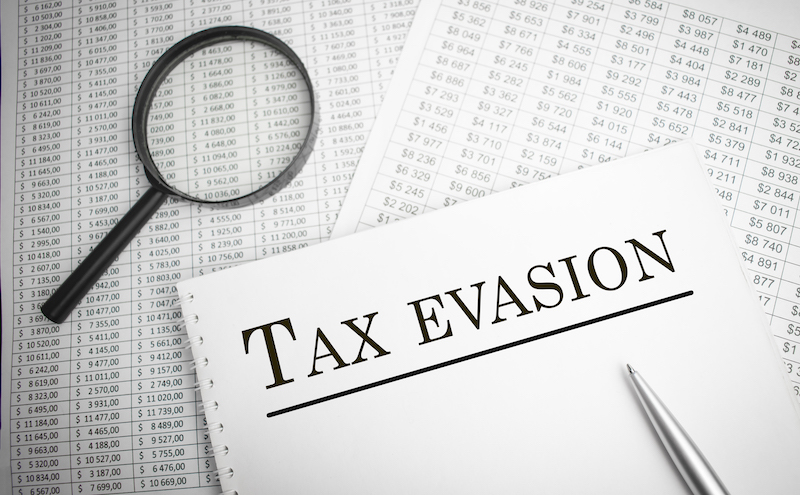Singapore: Ang Leong Siong (“Ang”), a 44-year-old sole proprietor of Nice Vision Optical (“NVO”) and a partner of Eyes to Eyes (“E2E”), has been convicted of multiple offences, including Income Tax and Goods and Services Tax (“GST”) evasion, the failure to notify the Inland Revenue Authority of Singapore (“IRAS”) of E2E’s liability to register for GST and the submission of false Productivity and Innovation Credit (“PIC”) claims. His offences were uncovered through IRAS’ Post Compliance Surveillance (“PCS”) Programme, making him the first recalcitrant taxpayer under the programme to be prosecuted.
Ang pleaded guilty to 2 counts of Income Tax evasion involving $151,725 of tax undercharged, 1 count of failure to notify IRAS of his liability to be registered for GST, 3 counts of GST evasion involving $24,299 of tax undercharged and 1 count of false PIC claims amounting to $6,000 in cash payout. He was sentenced by the Court to 6 months and 3 weeks of imprisonment and ordered to pay a total of $561,800 in fines and penalties.
Compliance Reviews by IRAS
IRAS conducts audits on taxpayers using a risk-based approach. Taxpayers who pose a higher risk of non-compliance may be subject to further monitoring and review under the PCS Programme to ascertain if they have made improvements in their tax reporting following IRAS’ audit.
Between 2017 and 2020, IRAS reviewed the tax affairs of 402 self-employed taxpayers under the PCS Programme. Most taxpayers have taken corrective actions to ensure the accuracy of their tax reporting. Taxpayers who continue to report their taxes incorrectly may face a heavier penalty of up to two times the amount of tax undercharged; penalties will be higher if tax evasion is involved.
IRAS would like to remind self-employed persons to keep proper records of their business income and expenses. They are encouraged to digitise their record-keeping so that the income earned and the expenses claimed can be more readily tracked. To help businesses digitise their record-keeping, IRAS has worked with accounting software developers to make available a list of accounting software that meets IRAS’ requirements.
IRAS Warns Against Tax Evasion
IRAS takes a serious view of non-compliance and will not hesitate to bring tax offenders to court. Offenders who wilfully evade tax may face a penalty of up to four times the amount of tax evaded. Jail terms may also be imposed.
Enhanced Sentencing Framework for GST Evasion
With the endorsement of the enhanced sentencing framework for GST evasion by the High Court on 17 January 2022, offenders will face a stiffer imprisonment sentence which takes into account the harm caused by the offender and his or her culpability, such as the quantum of tax evaded, the degree of planning and premeditation and any sustained period of offending. Imprisonment terms imposed for GST evasion under Section 62 of the GST Act may span the full range of up to seven years.
GST Registration
All businesses, including individuals deriving income from their trade, profession or vocation, should closely monitor their income on a calendar year basis to assess if they need to register for GST. If their 12-month taxable turnover has exceeded $1 million at the end of the calendar year, they will be required to apply for GST registration within 30 days. Additionally, if at any point in time, they can reasonably expect their taxable turnover to be more than $1 million in the next 12 months, they must register for GST within 30 days from the date of their forecast. They will be registered on the 31st day from the forecast date.
Any business that fails to register for GST is still required to pay GST on all their past transactions from the date the business became liable for GST registration. GST is payable even if the amount was not collected from customers. In addition, failure to register for GST is an offence and businesses may be required to pay 10% of GST due as a penalty and fined up to $10,000.
Source: IRAS




